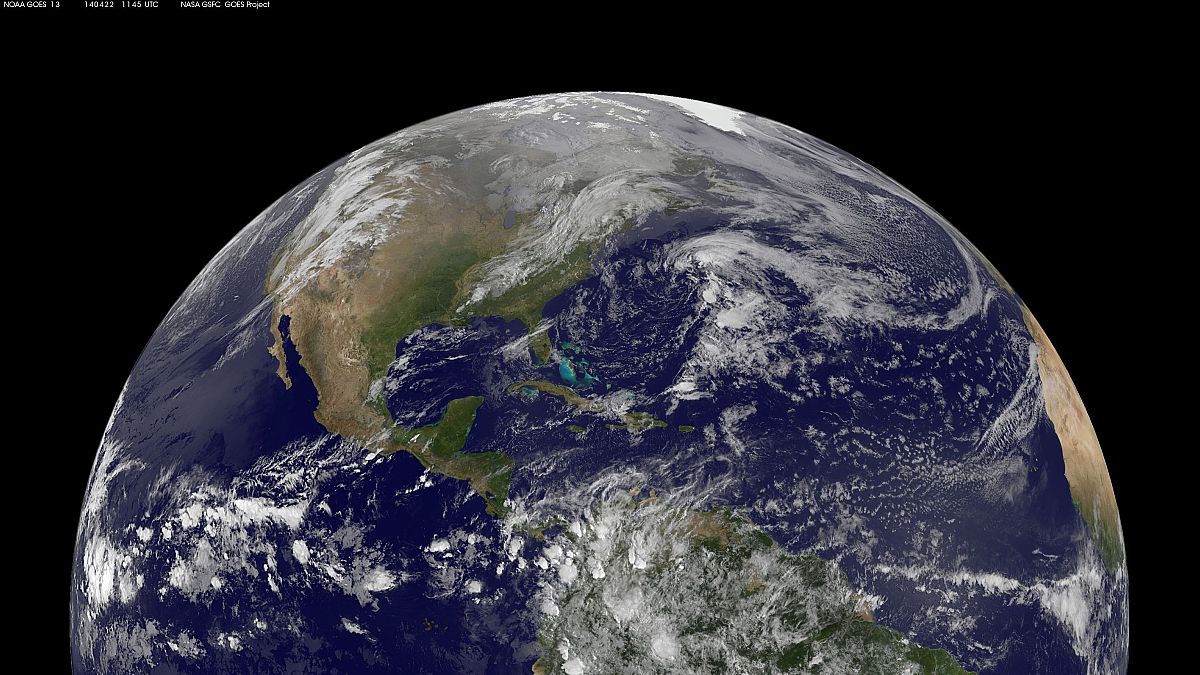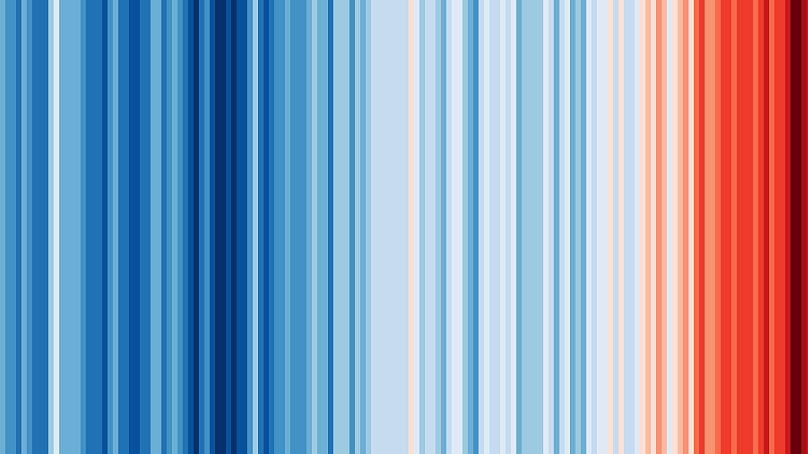A worldwide coalition of scientists has declared a climate emergency, setting out key steps governments must take to avoid catastrophic consequences.
A worldwide coalition of scientists has declared a climate emergency, setting out key steps governments must take to avoid catastrophic consequences facing humanity.
In a paper signed by more than 11,000 people from the scientific community across the world, the authors point to an “immense increase in scale” of efforts needed to avoid “untold suffering”.
They warn that, despite the scientific community ringing alarm bells with scientific evidence for the past 40 years, insufficient progress has been made by policymakers, who continue to oversee a rapid rise in greenhouse gas emissions.
“Scientists have a moral obligation to clearly warn humanity of any great existential threat and to ‘tell it like it is’” the authors write.
Based on available evidence, they continue, “we declare, with more than 11,000 scientist signatories from around the world, clearly and unequivocally that planet Earth is facing a climate emergency”.
The declaration is based on scientific analysis of more than 40 years of publicly available data on the likes of energy use, surface temperature, population growth, land clearing, deforestation, polar ice mass, fertility rates, gross domestic product and carbon emissions.
One of the signatories, Dr Jennifer Rudd from Swansea University’s Energy Saving Research Institute, told Euronews that it is important for scientists to speak out directly.
“You get lots of currency as a scientist, so when I can lend respectability to something really important, it’s my moral duty to use it,” she says.
“We are in a transition phase, where governments and those in power want to be seen to be doing the right thing, but without really putting that much money or backing into it. What we’re not getting is radical action. As some people say, they are rearranging the deck chairs on the Titanic,” she adds.
The report, published in the journal BioSciences, sets out the “bold and drastic transformations” the world needs to make, in six steps:
• Replace fossil fuels with renewables, leaving remaining stocks in the ground
• Cut emissions of short-lived climate pollutants such as methane and hydrofluorocarbons
• Restrain land clearing, and restore and protect ecosystems such as forests, grasslands and mangroves
• Eat mostly plant-based foods, consuming fewer animal products, and reduce food waste - the authors say at least a third of all food produced ends up as waste
• Shift economic goals away from the growth of GDP
• Stabilise the global population, using approaches that ensure social and economic justice
Dr Rudd claims these sort of policy shifts have not been put into effect because of politicans’ short-term thinking - with an eye on reelection, thinking that the public couldn’t cope with, or vote for, such changes.
“We have millions of young people out on the streets protesting about the climate. Nobody in power wants to come out and say “we are in the s***”, but the public is stronger than you think,” she says.
Arguing that relying solely on global surface temperatures for public discussions on climate are inadequate, the authors set out a number of “graphical vital signs”, which show the effects of climate change over the last 40 years.
The simple charts present trends in major factors affecting the climate such as population growth, increase in air travel, and loss of tree cover, and then the effects on the climate such as increased greenhouse gases, loss of ice, and increasing ocean acidity.
And Dr Rudd argues this type of messaging is important, pointing to the climate stripes developed by climate scientist Ed Hawkins.
The stripes represent the rise in global temperatures from 1850 to 2018, and are being used by activist groups, universities and others to convey a simple but effective message.
“Scientists need to get better at communicating their results in a way that everybody can understand,” Rudd says.
“We also need the media to say, climate is really important, and we are going to report on it frequently.”

